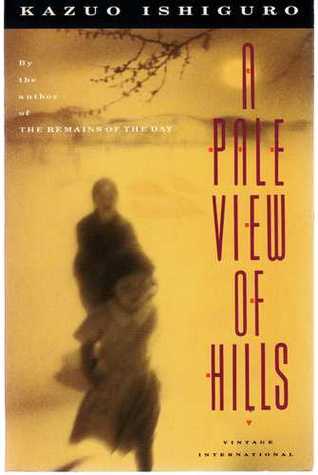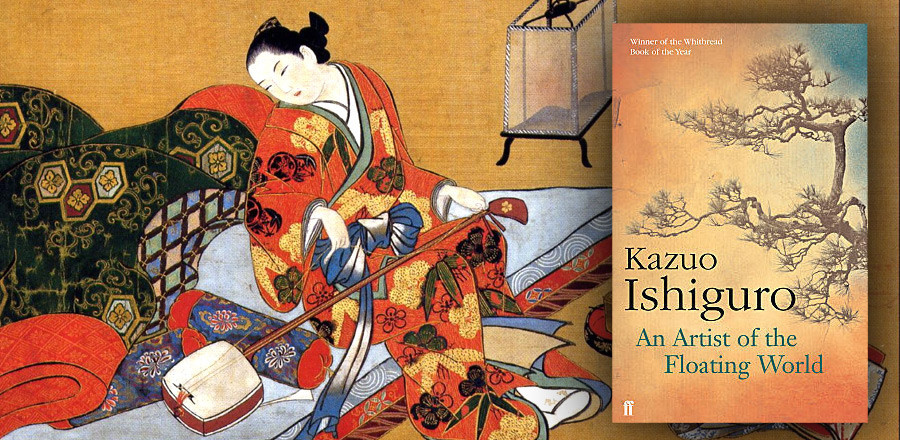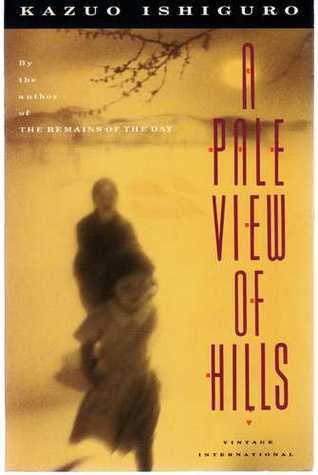
Nobelist Kazuo Ishiguro is perhaps a luckier writer than he is a great writer. (Don’t fret, I’m punching up, so it’s okay.) The two books of his I really DO like, “The Remains of the Day” and “Never Let Me Go,” got turned into reasonably popular movies. I’ve also read “The Unconsoled” (baffling) and “When We Were Orphans” (boring) but don’t remember those much, and what I do recall thinking of “Nocturnes” is that it was as fraught with middle-brow pretense as the expression “fraught with middle-brow pretense.” This is to say that Kazuo’s Nobel Prize Award in 2017 was a conservative dialing back on whatever unorthodox decision-making process led to the feather-ruffling 2016 assertion that Bob Dylan was deserving of a Nobel prize in Literature. In fact, upon hearing that Kazuo Ishiguro had won the award, my first thought was: “They misspelled Haruki Murakami.”

Giving him a Nobel is overrating a very good writer who is rarely great. His body of work is small enough that he has not really embarrassed himself, but that’s exactly why Ishiguro doesn’t really thrill me: he plays it so safe that he rarely risks anything. The clones in “Never Let Me Go” are the edgiest of his concepts, but how many un-Nobelled sci-fi writers have dealt with the idea of cloning far more brilliantly, deeply, humanely, and even poetically? Anyway, I thought maybe I’d missed something along the way, and read both the 1982 debut, “A Pale View of Hills,” (which the author himself admits doesn’t quite work) and the follow-up “An Artist of the Falling World.” But reading them back to back either “reveals Ishiguro’s consistency” or “exposes Ishiguro’s repetitiveness.” Charity is all when it comes to criticism. Both novels rely on the same exact trick that he would use yet again in “Remains of the Day.” These are short, terse family dramas told by a first person narrator that sounds pretty much alike- even if one. All three novels tell a largely deflective story that centers on coping with post-war delusions. All three novels slowly reveal inconsistencies in the telling that let us know we are dealing with that rascally UNRELIABLE NARRATOR. Ishiguro loooooves this.
Should they give Nobels for over-relying on this newfangled technique that goes back at least as far as Cervantes in 1605?!?
Add to this that “An Artist of the Floating World” annoyed the “overbearing nerd” side of me. A section set in 1947 makes frequent references to the popular “Godzilla.” COME ON! “Godzilla” came out on 1954! That’s a pretty sloppy anachronism or…
WAIT…
Can we blame that mistake on the UNRELIABLE NARRATOR?!?
MIND BLOWN.
Know this: if you you ever catch any mistake on “The Pageaholic,” asume it is made on porpoise, as a techniqe to make you aware that book revues are unreliabull.
RATING: COOL! But no NOBEL Masterpieces.



2 thoughts on “Unreliance : Kazuo Ishiguro – “A Pale View of Hills” + “An Artist of the Floating World””